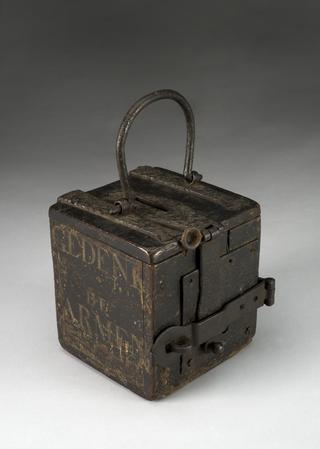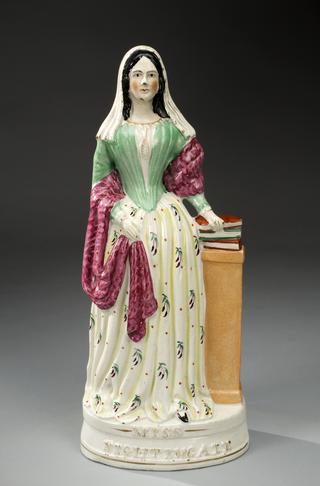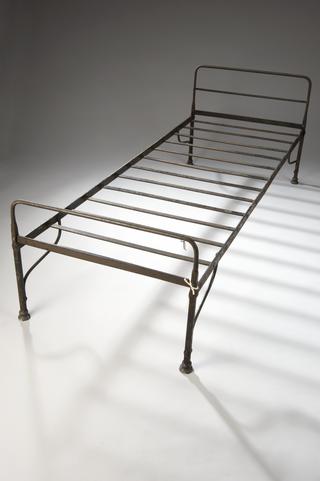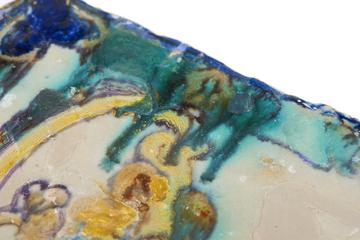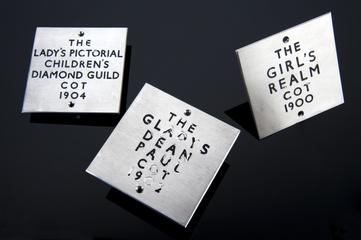




Pottery statue on a base, depicts Florence Nightingale and a wounded soldier, English ?, 1856-1920
Florence Nightingale (1820-1910) is depicted doing what she is famous for – nursing wounded soldiers at her hospital in Scutari during the Crimean War (1853-56). Scutari is near modern day Istanbul, Turkey.
Florence Nightingale became a much loved and admired figure in Victorian popular culture. A statuette such as this one, with Nightingale presented in her familiar role as the carer of Britain’s soldiers, would have been a common feature in many homes.
You’re in a Victorian drawing room with friends and attention turns to this statuette – do you recognise the woman? What’s your opinion of her? She’s not in her most familiar pose, where she holds a lamp by her side, but it is the nurse Florence Nightingale.
Everyone in the room would know about the hospital at Scutari that Nightingale ran during the Crimean War – it had been in all the newspapers. She had dramatically reduced the death rate by improving sanitation and giving efficient nursing care. Was everyone impressed? Not the hospital doctors, who felt threatened by Nightingale taking charge.
What does your hostess and her other guests have to say on the subject? They might be interested in sanitary reform, political rights for women, or be fundraisers for nursing causes. Or perhaps they’d feel that hospitals should remain in the hands of doctors. Polite debate and discussion would follow.
You could admire the statuette for its artistic value too. The word ‘Scutari’ is written in tiny letters on a band across her chest, and the scene of charity and compassion is elegantly depicted. So if you’d rather not talk politics after dinner, you can always compliment the hostess on her good taste.
Details
- Category:
- Nursing & Hospital Furnishings
- Collection:
- Sir Henry Wellcome's Museum Collection
- Object Number:
- A656236
- Materials:
- pottery
- Measurements:
-
Overall: 350 mm x 262 mm x 182 mm, 2.7 kg
- type:
- statue
